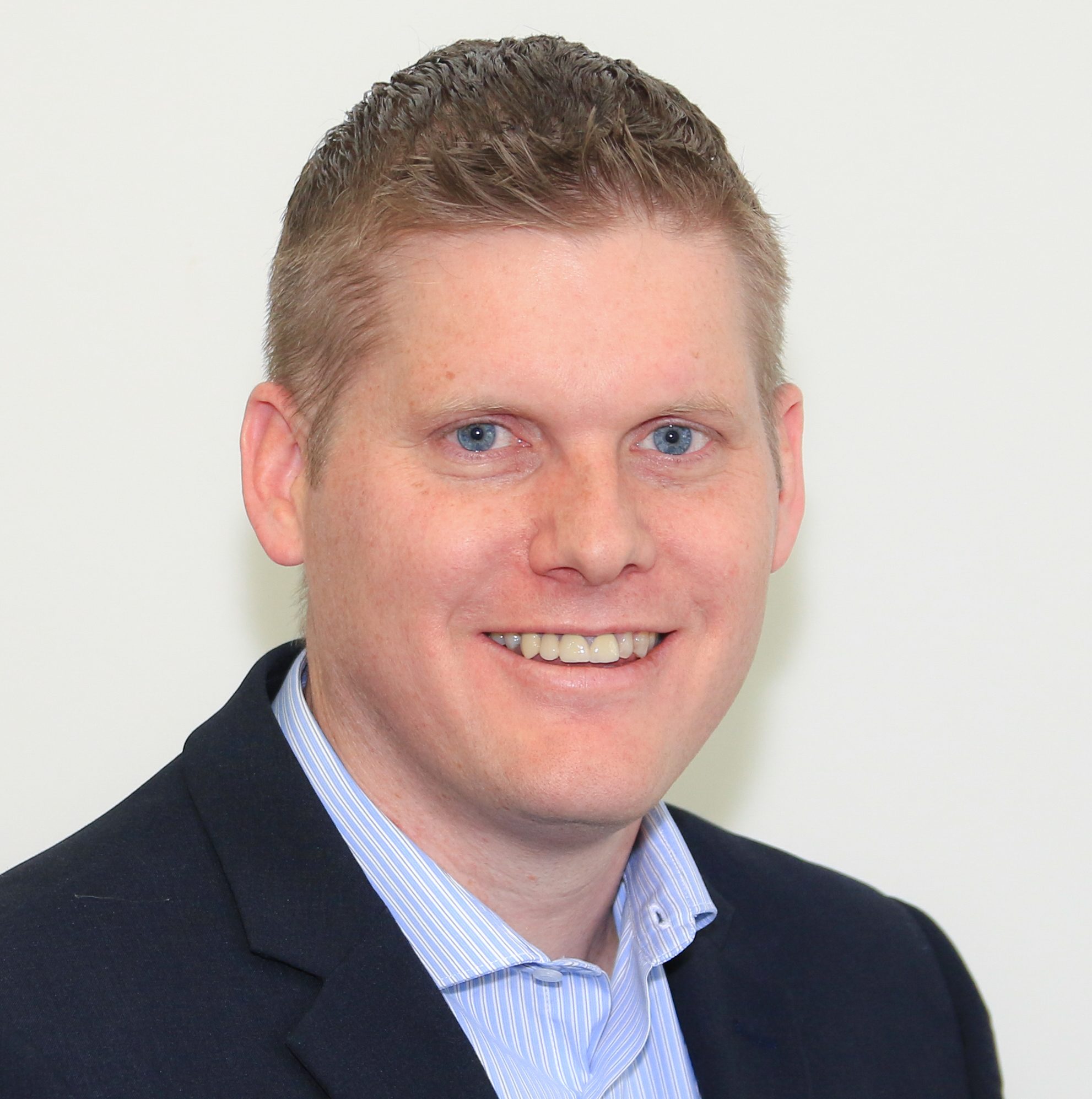Asset Management

Clive Eggers
Head – Multi Managed Portfolios
________________________________________________________________________________________________
The importance of trust in active fund management
In a 2016 article entitled “Even God would get fired as an active investor”, author and portfolio manager Wesley Gray conducted a fascinating thought experiment. He imagined an omniscient, clairvoyant investment manager who built a “perfect” portfolio of stocks that were destined to perform the best over the next five years. Once the five-year period was over, another set of stocks would be selected, again those that would return the best performance over the next five years.
To be clear, this is a completely impractical investment approach, relying as it does on perfect, accurate future knowledge. Unsurprisingly, it works exceptionally well. As Gray put it: “’God’ would compound at nearly 29% a year, in theory. In practice, he would run into capacity constraints and own the entire market.”
The interesting result from the thought experiment, however, is what ‘God’s’ portfolio performance looked like within those five-year time-frames. The portfolio saw devastating drawdown periods of up to 76%.
Even when the perfect knowledge assumed was used to both go long – the most successful – and short – the least successful – on equities, a drawdown of a 46% was recorded. 46% drawdown under a “perfect” investment strategy! Hence the title of Gray’s piece.
It’s all too likely that at least one investor in ‘God’s’ portfolio would have panicked and withdrawn their funds when experiencing a sizeable drawdown – and they would have missed out on the long-term performance. Gray’s conclusion: “Clearly, even a ‘perfect’ long portfolio can bring a long-only investor a ton of pain.”
Short-term volatility is inevitable. It happens, quite literally in Gray’s example, to the best of us. If we panic when we see under-performance we’re explicitly not letting the fund manager do the job we wanted them to do in the first place.
As investors, we are at a disadvantage – hardwired to think predominantly in the short term. This shortcoming is one of the reasons why we hand over our investments to an asset manager with a long-term horizon. Notwithstanding this decision, we are still inclined to get involved, to overreact to short-term market shocks, and end up sabotaging our better instincts.
The best investors are those that are confident in the investment process, and who don’t fixate and obsess over their portfolios. Each of us as investors needs to be able to say:
“I trust you and will let you get on with the job”. It takes faith and conviction to stick with your chosen investment manager. This faith shouldn’t be extended without basis. It should be based on your research and an appreciation of the manager’s approach, philosophy, track record and goals.
GTC, as an independent investment manager, selects specific asset managers and investment strategies dispassionately through a formal investment committee process.
We have a professional team in the market working in both the active and passive spaces. We evaluate portfolios and build them using both active and passive content. As much as we acknowledge that we have years of experience, formal education in the process, and the support of numerous analytical aids in investment management, we appreciate – and expect – that the short-term returns may differ (often adversely) substantially from expectations.
GTC’s house-view range, together with our client interface platform TrueNorth, enabled through our consultants, work with our clients to understand what they are looking for in their life planning and what they are trying to achieve with their investments. This objective is then crystallised into an appropriate risk-adjusted investment strategy, and built into a portfolio designed to best achieve the goal over the nominated time horizon.
The key is that, when a client opens their investment portfolio online, they see only the portfolio name, GTC Five for example. Everything on the surface appears to be the same as before. Important to note – and not override – is the consideration that careful evaluation and considered changes are continually being made, all the while understanding that less is more. GTC changes the underlying portfolio as often as necessary, and as seldom as possible.
The last thing GTC wants is for our clients to worry about their investment portfolio. Our portfolios are designed
to give returns that investors can understand, that are in line with the market, but ultimately give a better outcome with reduced variability, and lower risk.
When GTC reviews asset managers, we consider not only performance against the market, but also against inflation and peers, in the knowledge that this is one of the best ways of understanding what is happening within the combined investment portfolios.
The inclusion of an asset manager such as Aylett and Co Fund Managers (Aylett) is a good example of how we manage GTC portfolios. Aylett is an active manager in our portfolios. They look different to the benchmark. They are outperforming now, however during Covid they underperformed. We took time to understand the reasons why, and continued to include them in our Core Plus and Satellite equity investment strategies. GTC uses managers such as Aylett to blend with other benchmark managers, using internal enhanced passive portfolios. The combination of active managers such as (say) M&G and Aylett and our Worldwide Capital enhanced passive outcomes enables GTC to build more consistent portfolios.
The difference between appropriate attention and interference is relatively fine. Understanding the professional construction of a multi-managed portfolio and how this is continually being managed is of far more importance than the potentially return-destroying interventions that market timing or self-doubt can bring.
Achieving investment objectives firstly requires a decision to invest with professionals who understand your needs and are committed to long-term value creation, and then trust that they will do their jobs.









